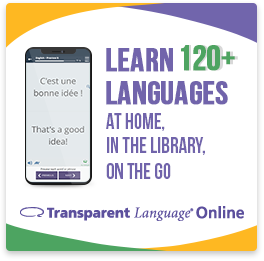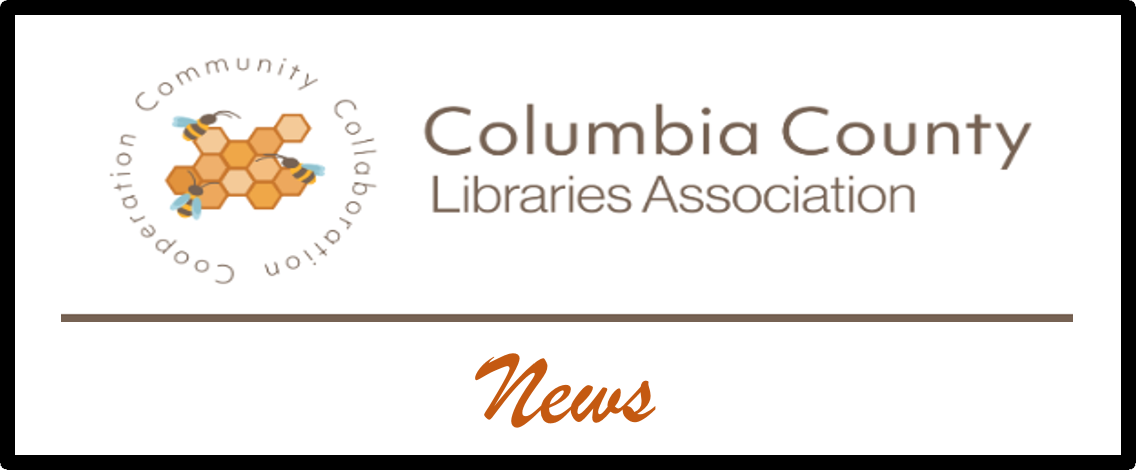Livingston Free Library
COLLECTION DEVELOPMENT POLICY
Scope of the Collection
The Library collects, organizes and provides access to materials in most current formats. Patrons will find the book collection organized by audience: children, young adults, and adults. The Library is a member of the Mid-Hudson Library System through which patrons may access the lending resources of the other 65 libraries in the System. Resources beyond those of the MidHudson Library System may be accessed through additional resource-sharing agreements.
Principles of Selection
The Library selects materials based on:
• Sustainability of subject, style, format and accuracy of content;
• Relevance to the interests and needs ofthe community;
• Proven or potential interest or demand;
• Reputation, authority, and qualifications of the author, editor or other creator of the work;
• Artistic merit;
• Scholarly merit;
• Evaluation by staff, local experts, the public and by reviews in professional journals and popular media;
• Availability of the subject in the existing collection;
• Importance in order to provide a wide range of points of view;
• Availability of the same or similar material through inter-library loan;
• Cost in relation to the above factors.
The Library recognizes that its patrons have diverse interests, backgrounds, cultural heritages, social values, political views, and needs. All patrons are free to reject for themselves any materials which do not meet their approval. This freedom does not include the right to restrict the freedom of others to read and inquire.
The Library does not exclude or remove materials from its collection on the basis of the author’s race, national origin, religious beliefs, sexual orientation, political views, or social values.
As long as materials meet our accepted standards of selection and are deemed to contribute to the goals of the Library’s collection development, the Library does not exclude materials that present extreme points of view; that offer a one-sided representation of opinions, ideas, or events; or that may offend some patrons because of frankness of vocabulary or description.
The Library excludes materials that present derogatory stereotypes as valid representations. However, it may include materials that authentically portray a period or way of life characterized by stereotypical thinking and materials that present the prejudices of real or fictional characters.
Materials recognized as classics are considered acceptable even if they contain passages that are widely viewed as objectionable by current standards.
The Library does not select, retain, or remove materials on the basis of anticipated approval or disapproval of any group of patrons, but solely on the basis of the standards stated in this policy.
Library materials will not be marked or identified to show approval or disapproval of their contents. All patrons will have free access to all materials, and no materials will be sequestered (except items that need protection because of rarity, cost, susceptibility to loss, fragility, or unsuitability of format for heavy use).
The Library does not restrict the selection of materials because of the possibility that some minors may obtain materials that their parents or guardians consider inappropriate nor does it deny minors access to any materials in the collection. The Library does not stand in loco parentis; if parents or guardians do not want their children to have access to certain Library materials or services, it is their responsibility to so advise their children. The Library has a professional obligation to provide equal access to all Library resources for all Library users.
The Library has adopted and declared that it will adhere to and support the American Library Association’s Library Bill of Rights, Free Access to Libraries for Minors, and the Freedom to Read Statement. The content of these documents is understood to be part of this policy.
Requests for the Acquisition of Items
Patrons may request that the Library acquire specific items. The Library will consider the request in terms of the principles, goals and standards set forth in this policy.
Methods of Acquisition
In addition to purchasing materials, the Library augments its collection through grants and donations.
The Library welcomes gifts that support its mission and are in accordance with its collection policy. Based on Library needs, availability of space and other considerations, gifts may be accepted in whole or part, or may be declined. The Director reserves the right to determine the suitability of proposed gifts. The Library receives gifts with the understanding that ownership transfers to the Library and it reserves the right to determine the retention, location, cataloging, use and disposition of gifts.
Donors should bear in mind that the Library is unable to accept materials that contain outdated or inaccurate information, are in poor physical condition or require special care or environmental control, or gifts with donor-stipulated conditions that restrict their use or interfere with the Library’s right to determine their location or disposition.
Materials for Temporary Use or Display
The Library sometimes accepts collections, works of art, exhibits and other items for temporary user display at the complete discretion ofthe Library Director. The Library will make reasonable efforts to preserve and protect loaned materials, but all items are placed in the Library at the lender’s own risk. The Library assumes no responsibility for loss, damage, or theft of any item on loan. The lender must sign a copy ofthe attached Library Loan Release Form before the Library will accept any item for temporary use or display.
Collection Maintenance
The Library maintains the quality of the collection by retaining or replacing essential materials and by removing items that are outdated, damaged, or worn out, no longer in demand, or unneeded duplicates.
The Library does not automatically replace all items that are removed because of loss or damage. Prime considerations in the decision to replace items include the number of duplicate copies needed to meet circulation demand, availability of newer or more authoritative material, presence of similar material in the collection, and community interest. Some older or worn materials may be retained, such as classics, one-of-a-kind or irreplaceable items, collectors’ items, award-winning children’s books, items in the local history collection, items that provide special coverage of a field, and items that are consistently in demand.
Items removed from the collection may be sold, given away, recycled, discarded, or otherwise disposed of at the discretion of the Library.
Challenge of Library Materials
This policy defends the freedom to read, view, and hear. No material shall be removed from the collection except under the procedure given here.
Patrons who object to the presence of certain materials in the collection and who are unwilling to accept that the inclusion of these materials conforms to the goals, principles, and standards outlined in this policy may submit a Challenge of Library Materials form to the Library Board of Trustees.
For a challenge to be considered the complainant must be properly identified 011 the fully completed form, be a resident ofthe Library’s chartered jurisdiction and hold a valid borrower’s card.
No action shall be taken before the challenge is brought before the Board. Challenged material shall not be removed until a final decision to do so is made by the Board.
The Library will not consider the removal of an item on grounds of obscenity or for any other reason covered by law unless a court of competent jurisdiction has ruled against the law. An item will be considered for removal only once in a twelve-month period.
The Board will consider the challenge at the meeting of the Board following the receipt of the form. The Board will read and examine the challenged material, consider the specific objections voiced by the complainant, weigh the values and faults of the material as a whole in itself and in relation to the collection, and, if necessary or desired, solicit advice and opinion from other Library directors and Boards, the Mid-Hudson Library System, the American Library Association Office for Intellectual Freedom, and the New York State Intellectual Freedom Committee. The Board will issue a written report within ninety days of the receipt of the challenge containing its decision and recommended action regarding the challenged material.
Approved by the Livingston Free Library Board of Trustees on. August 16, 2017
















